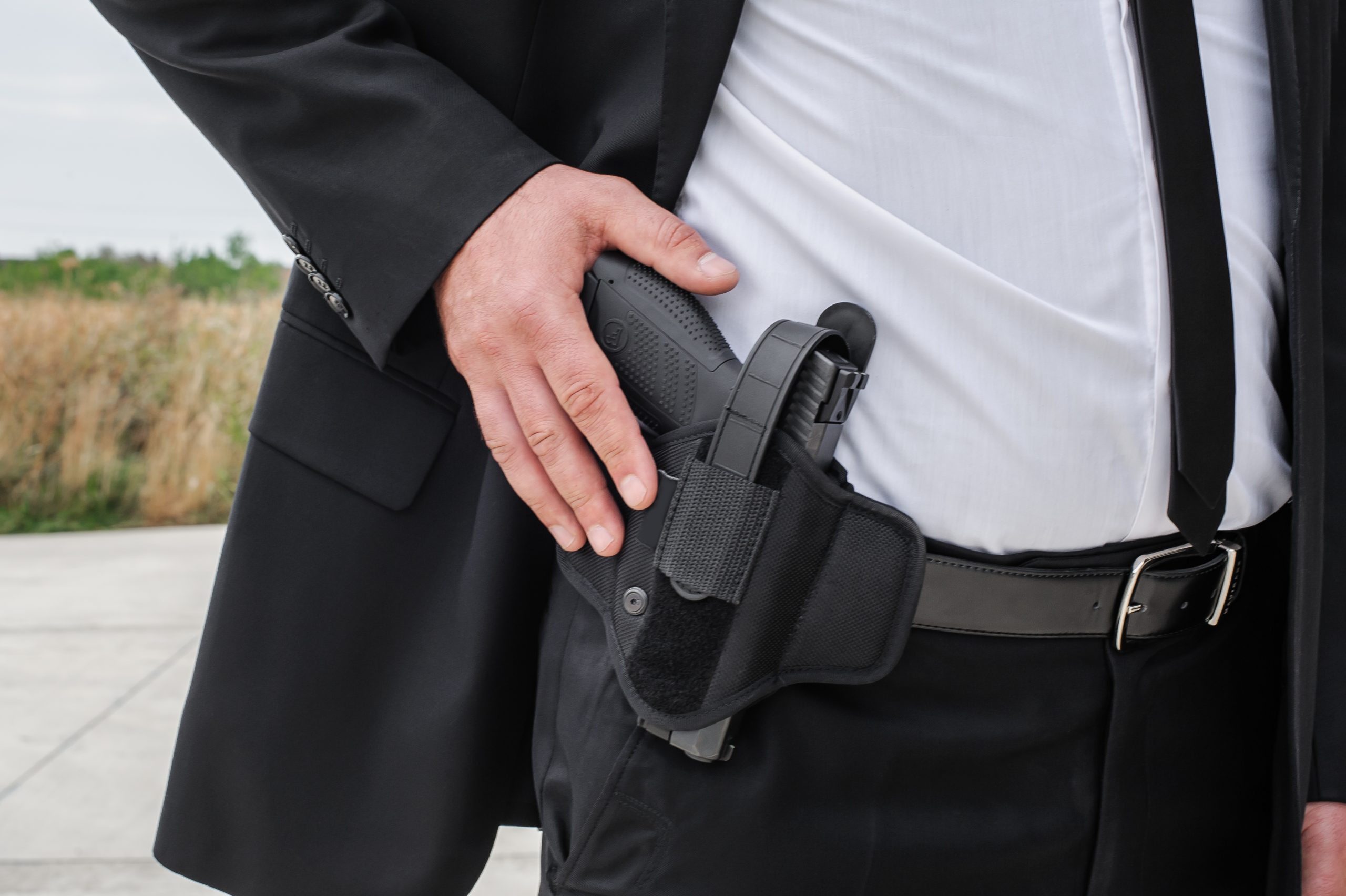IRS Spends Millions On Weapons And Ammo

In recent years, the Internal Revenue Service (IRS) has increased spending on weapons, ammunition and tactical gear, with a watchdog group reporting at least $10 million spent on such items since 2020. As Joe Biden’s multi-billion-dollar Inflation Reduction Act plans to allocate billions to the IRS for hiring new armed agents, these findings raise questions about the agency’s priorities.
The report, titled “The Militarization of Federal Bureaucracy – Updated Statistics Through March 31, 2023,” was released by Open the Books, an organization that tracks government spending. It revealed that in 2021 alone, the IRS spent over $5 million on weapons and gear, including $2.3 million on ammunition, $474,000 on Smith & Wesson rifles, and $463,000 on Beretta 1301 tactical shotguns. Additionally, the agency invested over $1 million in defensive tactical gear, such as body armor vests and ballistic shields.
These expenditures come as the IRS plans to hire hundreds of armed agents under the Inflation Reduction Act, which President Biden signed into law last August. The act provided over $80 billion in new funding for the agency, intending to hire nearly 87,000 new employees over the next ten years. However, critics argue that this funding could predominantly target low- and middle-income Americans rather than high-income earners more likely to evade taxes.
IRS special agents are required to carry firearms, as they often manage cases involving organized crime and drug trafficking. According to an IRS statement, these agents “have been using weapons throughout their history as they have consistently found themselves investigating the most dangerous criminals involved in organized crime, drugs, and gangs.”
While it is not uncommon for IRS agents to carry weapons, the recent increase in spending and hiring of armed agents has raised eyebrows. The IRS has nearly 2,100 special agents and is adding 600 new positions, placing the agency among the 50 largest police departments nationwide. A recent job posting on the IRS website for a “criminal investigator” position highlighted that applicants must be willing to “carry a firearm; must be prepared to protect him/herself or others from physical attacks at any time and without warning and use firearms in life-threatening situations; must be willing to use force up to and including the use of deadly force.”
The agency’s expansion of its armed workforce and increased spending on weapons could lead to a more aggressive approach to tax enforcement. As the IRS continues to militarize, American taxpayers may question the true intentions behind these investments and their impact on their lives. With the Inflation Reduction Act providing the IRS with additional funding and power, the agency must maintain transparency and uphold the public’s trust in its operations.
























